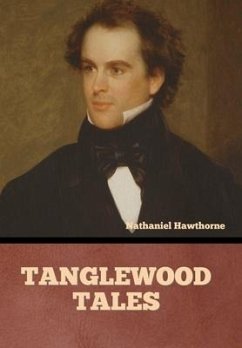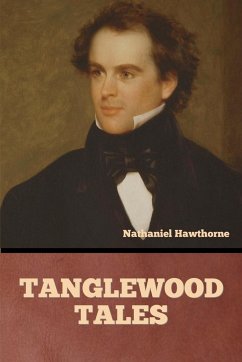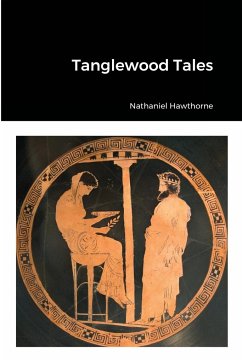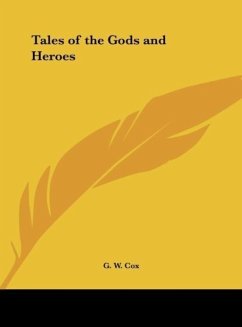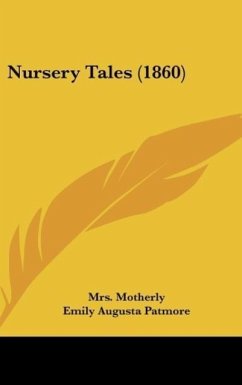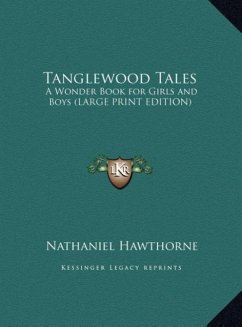
Tanglewood Tales
A Wonder Book for Girls and Boys (LARGE PRINT EDITION)
Versandkostenfrei!
Versandfertig in 1-2 Wochen
48,99 €
inkl. MwSt.
Weitere Ausgaben:

PAYBACK Punkte
24 °P sammeln!
(LARGE PRINT EDITION) 1853. Hawthorne wrote these stories for children based on Greek myth and legend. They are incomparable retellings of themes which the Greek dramatists used in creating their immortal plays and literature. Contents: The Gorgon's Head; The Golden Touch; The Paradise of Children; The Three Golden Apples; The Miraculous Pitcher; The Chimaera; The Wayside; The Minotaur; The Pygmies; The Dragon's Teeth; Circe's Palace; The Pomegranate Seeds; and The Golden Fleece. See other titles by this author available from Kessinger Publishing.





